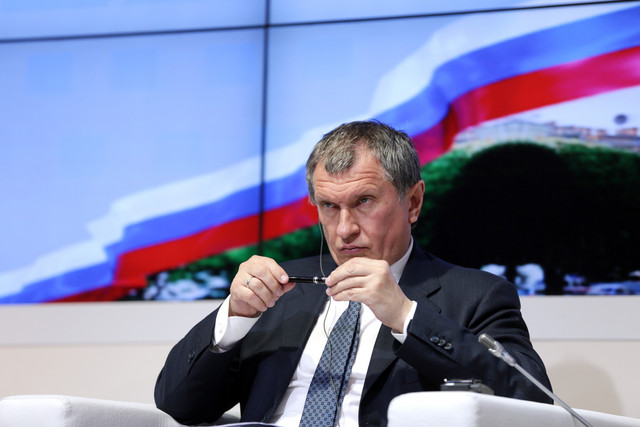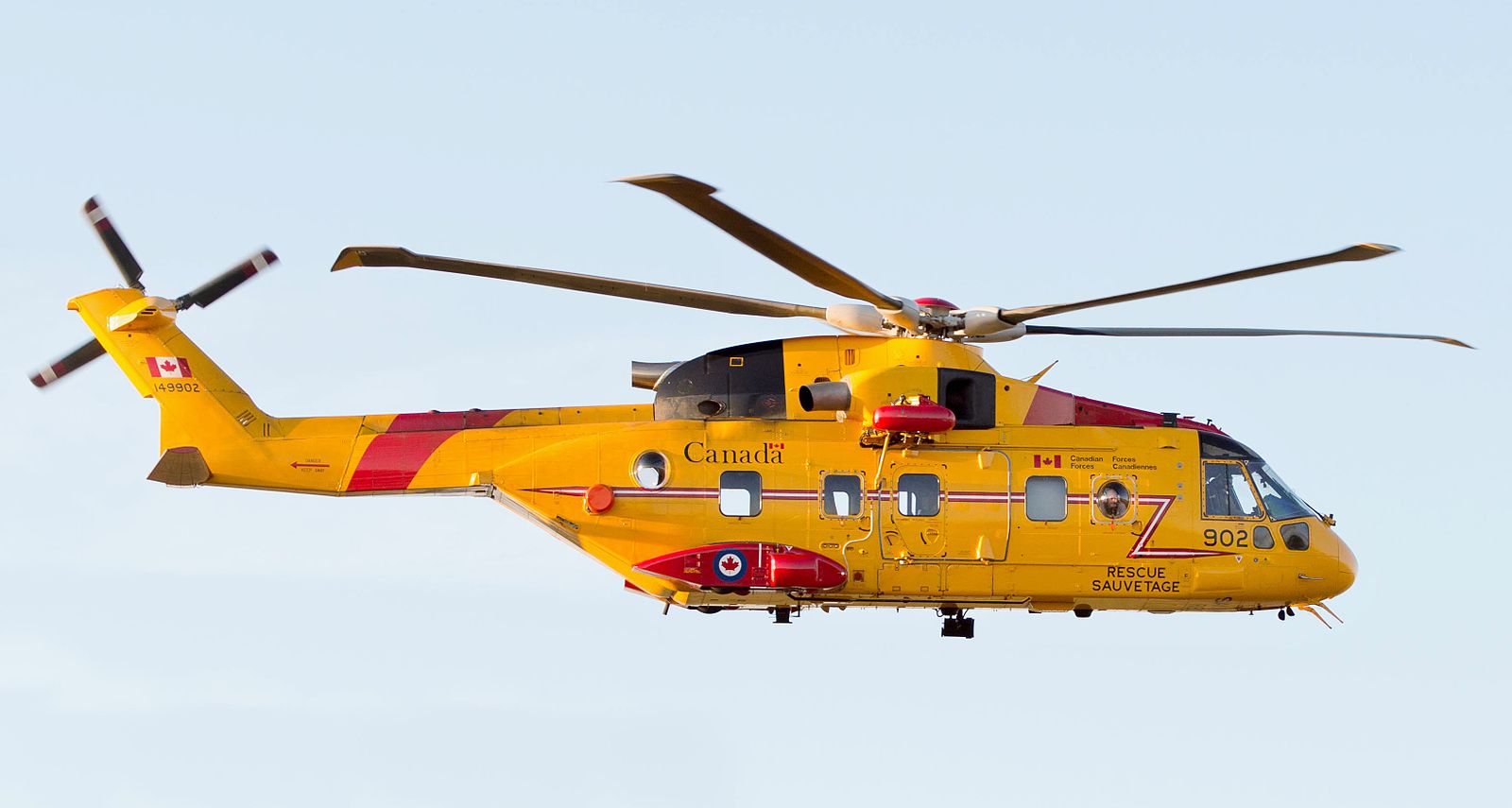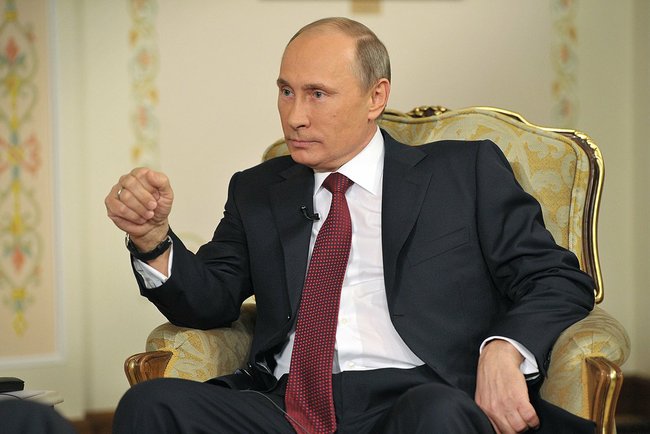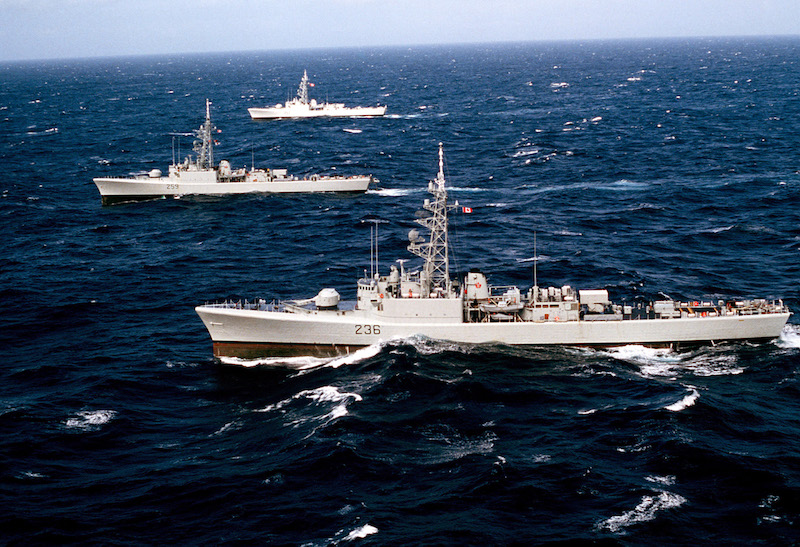
Canada’s political and economic relationship with Russia has come into question after a handful of prominent individuals were selectively excluded from Canada’s recent sanctions list.
During the May 16 Foreign Affairs Committee meeting, Christine Moore, the Member for Abitibi-Témiscamingue, QC questioned the list stating that “Canada’s sanctions against Russia are being influenced by trade interests. While our allies are putting more pressure on Russia, Canada has yet to impose sanctions on important targets such as Igor Sechin and Sergey Chemezov, two industrial tycoons who are close friends of Putin. These two businessmen signed major trade deals with Canada, despite their ties to the Russian president.” Deepak Obhrai, Parliamentary Secretary to the Minister of Foreign Affairs and International Human Rights defended the Government’s decisions by stating that “sanctions are designed to punish the Putin regime and bring economic pressure on Russia for its illegal occupation of Ukraine.” On May 14t, the International Trade Minister Ed Fast asked Canadian business executives not to travel to Russia, further loosening ties between the two nations since the crisis in Crimea began.
Igor Sechin, one of the Russian individuals named by Moore in the May 16th meeting is considered Russia’s second most powerful man, only slightly trailing Vladmir Putin. Sechin is said to be the mastermind behind Russia’s energy plan and is a former prominent Russian dignitary and current Executive Chairman of Rosneft. At the end of April the United States blacklisted Sechin, stating that they have a variety of sectorial sanctions aimed at directly targeting the Russian economy. Despite these sanctions, Putin has included Sechin and another blacklisted Russian business magnate, Gennady Timchenko, in his Chinese visit this week to discuss a long-term natural gas supply deal.
Canada has not added Sechin to the blacklist due to what some have stated as ongoing business interests; Rosneft has a 30% interest in one major Canadian Oil field (owned by Exxon Mobil), while Rostec, headed by Sergei Chemezov, is currently negotiating a $3.4 billion deal with Bombardier. Meanwhile, Bombardier has declined specifically lobbying the Canadian government regarding the deal.
Russia and Canada established the Canada Eurasia Russia Business Association (CERBA) in 2004 with active collaboration between Canadian Prime Minister Paul Martin and Russian Prime Minister Vladimir Putin. With over 200 current members consisting of both corporations and individuals, CERBA is aimed at strengthening trade relations and lobbying on behalf of its members. Several of their recent events have been on the topic of newly imposed sanctions and what it means for business between Russia and Canada.
Canada is a net exporter to Russia of Industrial and Agricultural Machinery, services related to the mining and agriculture industries such as surveying and extraction planning, agricultural products, and building materials. As of 2012, the Canadian Library of Parliament Research reports that manufactured goods accounts for 98.1% of all exports to Russia, and that the most valuable export to Russia is domestic pork and crustaceans. Canada’s highest valued imports from Russia in 2012 were non-crude petroleum oil, crude petroleum oil, and nitrogenous fertilizers. In 2007, which marked the 65th Anniversary of Canada-Russia trade relations, Statistics Canada reported that Russia only represents 0.3% of Canada’s total world trade. Despite these figures, however, political capital between the two nations comes with a much higher price tag over issues such as oil production and Arctic sovereignty.
British Foreign Secretary William Hague and United States Secretary of State John Kerry have warned that Russia’s actions towards the upcoming Ukraine election will determine whether tougher sanctions are needed. Russia has said troops are in the process of being removed from Ukraine’s eastern border, but hours after the Kremlin announcement on Monday, NATO Secretary General Anders Fogh Rasmussen said there have been no signs of any withdrawal. In his monthly press conference, he suggested that strengthening defenses in Eastern Europe may be necessary and Canada, as one of the NATO allies, may have a role to play in that plan. The upcoming NATO Summit in Wales this September will be when decisions are made to reinforce collective defense in the area.
The next Canadian Standing Committee on Foreign Affairs and International Development meeting will be held on May 29, while Ukraine’s Presidential Election will be this Saturday, May 25.




